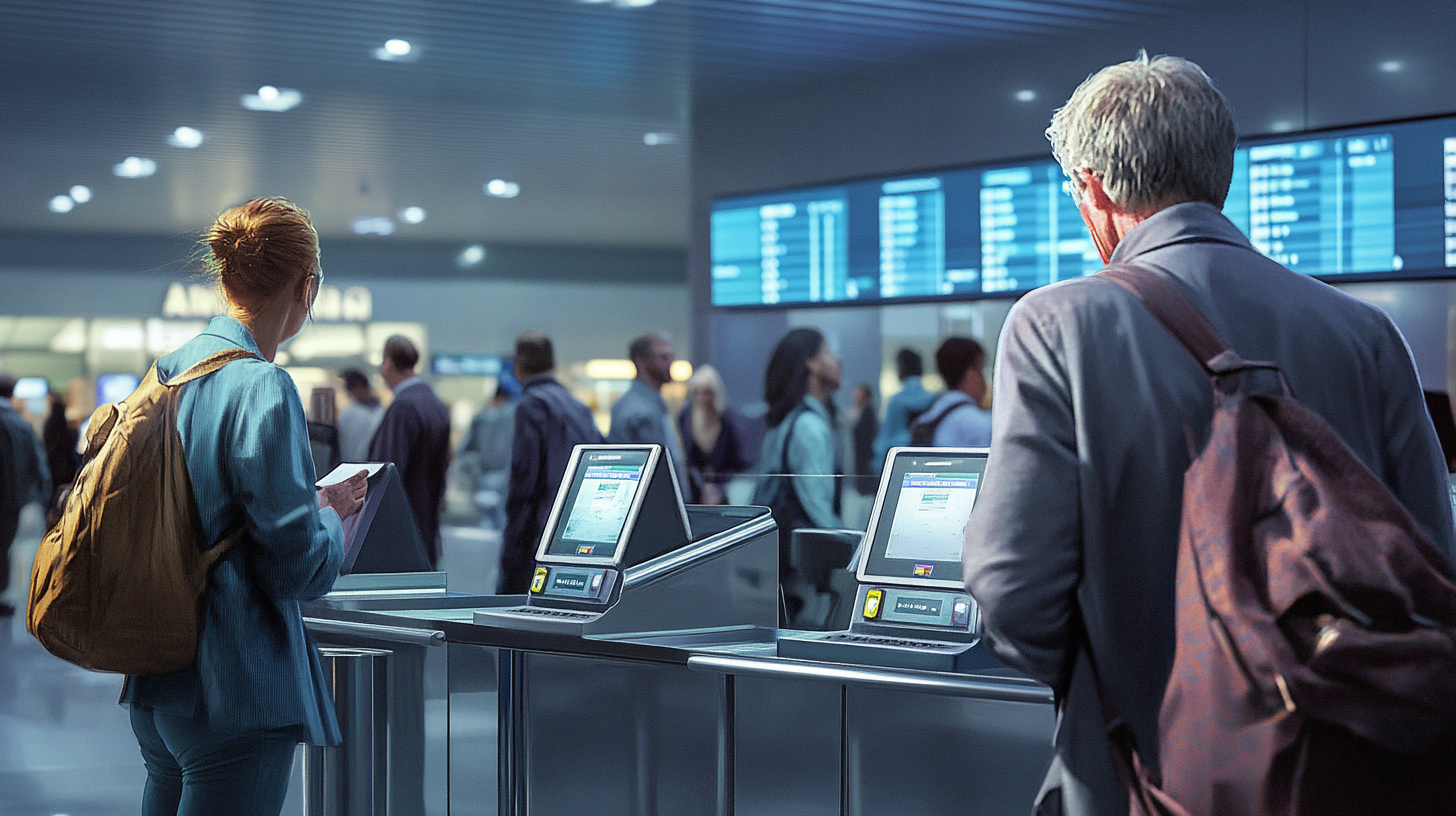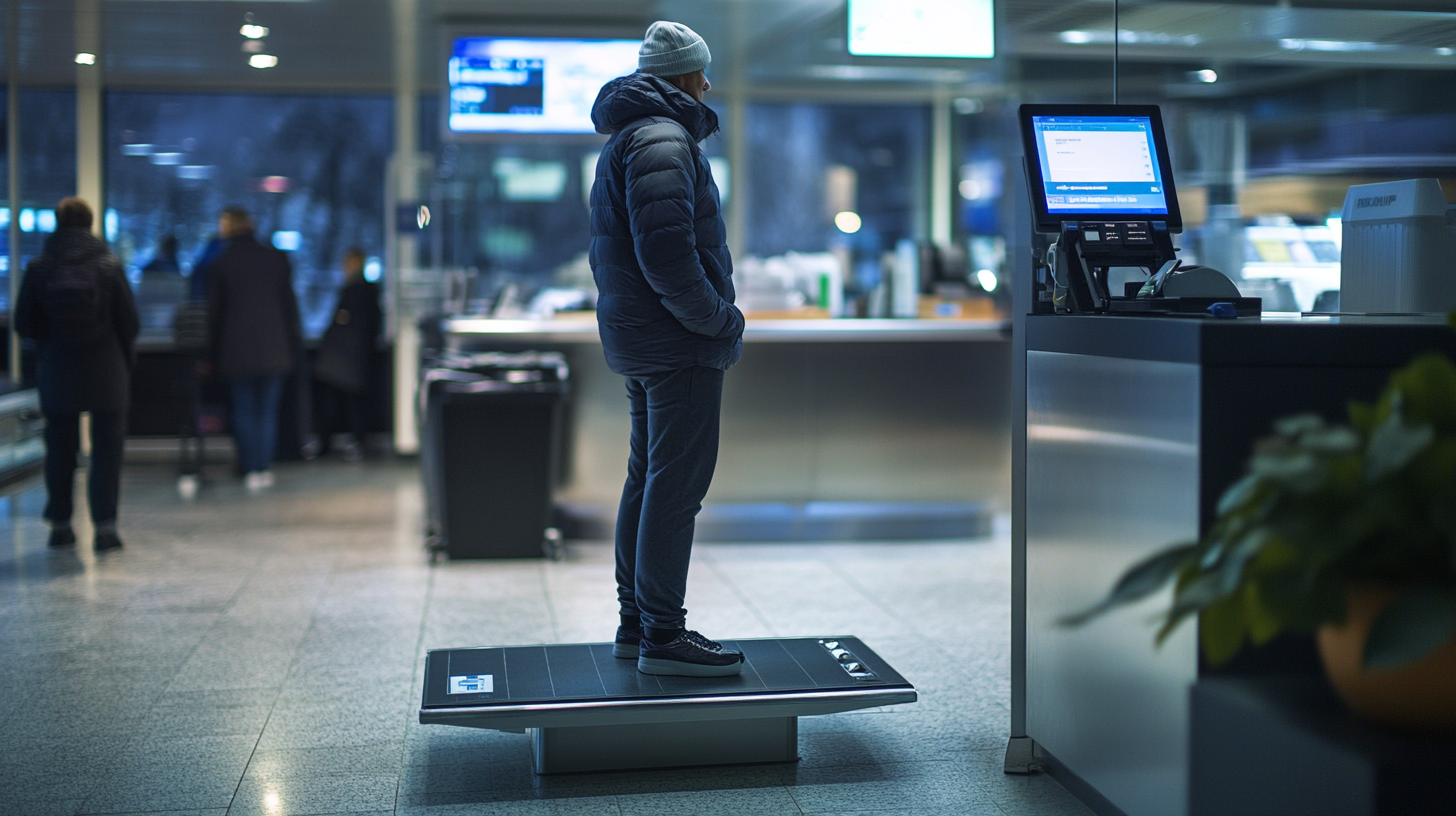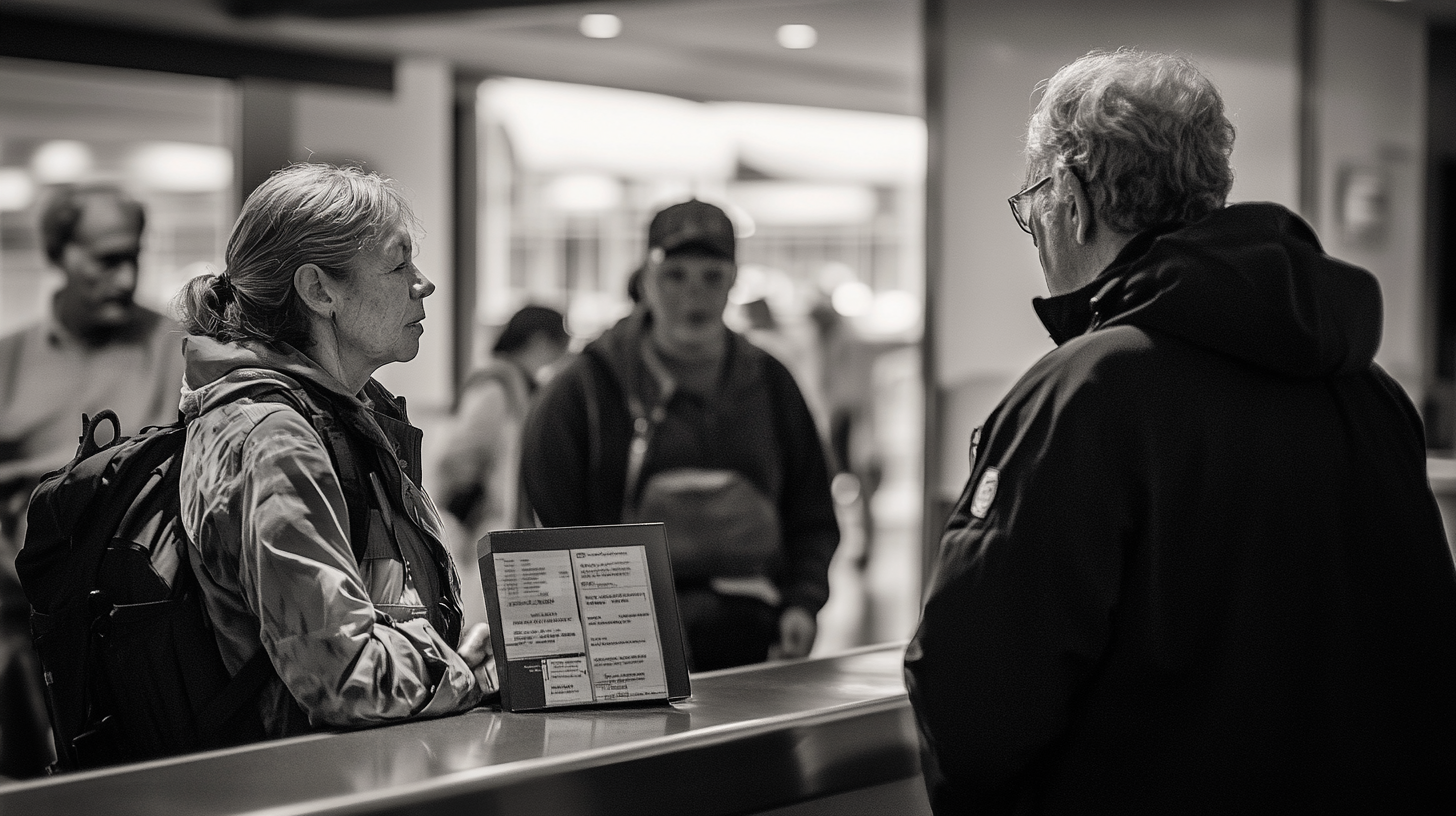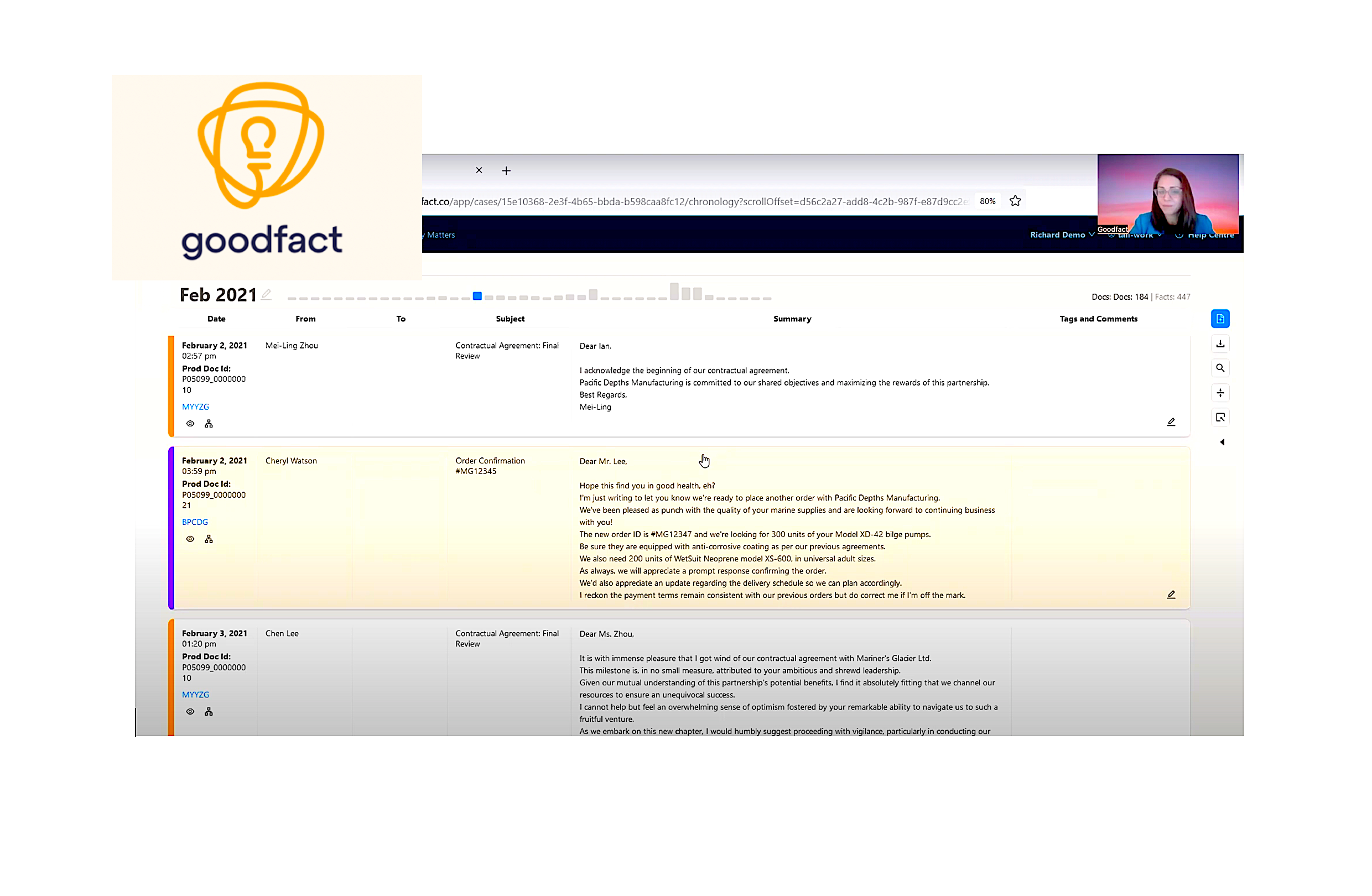Airlines Weighing Passengers: Balancing Safety and Sensitivity
As global obesity rates rise, airlines are increasingly turning to passenger weigh-ins to ensure accurate flight operations and safety. This article explores the varied approaches airlines like Finnair, Korean Air, and Air New Zealand are taking, highlighting measures to protect privacy amid public debate. Learn about the implications for aviation safety, privacy concerns, and the industry's commitment to balancing operational needs with passenger rights. Dive into this comprehensive analysis of a critical issue shaping the future of air travel.

In an age where air travel has become an integral part of global connectivity, the humble weighing scale has unexpectedly taken center stage. Imagine stepping into an airport, bustling with travelers, only to be discreetly asked to step onto a scale before boarding your flight. This scenario, once unthinkable, is becoming a reality as airlines worldwide grapple with the delicate challenge of balancing flight safety with personal privacy and dignity. As concerns over aircraft performance and safety intensify—particularly due to increasing average body weights—the practice of weighing passengers is re-emerging in the aviation industry.
This article delves deep into the complexities of this issue, exploring how airlines are navigating the fine line between ensuring safety and respecting passenger rights. From the voluntary programs in Helsinki to mandatory measures in Seoul, we examine the diverse approaches airlines are taking, the reactions they’ve elicited, and the broader implications for the future of air travel.
Why Are Airlines Weighing Passengers?

The weight of an aircraft is not just a static figure—it is a dynamic variable that influences every aspect of flight operations. Airlines rely on accurate weight data to make critical decisions, from calculating the center of gravity to determining fuel requirements and adhering to safety regulations. For instance, an aircraft that is too heavy or improperly balanced can face serious issues during takeoff or landing, affecting its handling and, ultimately, the safety of everyone on board.
Traditionally, airlines have used standard average weights to estimate passenger mass, often based on data collected decades ago. However, as global obesity rates rise, these averages no longer reflect the current reality. According to the World Health Organization, global obesity has nearly tripled since 1975, impacting average body weights significantly. Relying on outdated figures can lead to underestimating the total weight of passengers, resulting in insufficient fuel loads or improper weight distribution.
Ensuring precise weight measurements is not merely a bureaucratic requirement; it is a vital component of flight safety. By updating weight data, airlines can optimize aircraft performance, reduce fuel consumption, and comply with stringent aviation regulations designed to protect passengers and crew. The move towards weighing passengers is, therefore, a proactive step to address these critical safety concerns in the modern era.
Finnair’s Voluntary Weigh-In Initiative

At Helsinki Airport, Finnair has introduced a voluntary passenger weighing program aimed at refining weight estimates for flight operations. In this initiative, passengers are invited to step onto a scale with their carry-on luggage before boarding. The collected data helps the airline adjust calculations for aircraft balance and performance, ensuring each flight operates within safe weight parameters.
Finnair plans to collect data from 1,200 passengers during the winter season and continue the program into the summer months. By updating their statistics every five years, they aim to accurately reflect changes in average passenger weights over time. This commitment to safety underscores the airline’s proactive approach in addressing the evolving needs of modern aviation.
Understanding the sensitive nature of this process, Finnair has emphasized that participation is entirely voluntary and anonymous. The scales used do not display the weight to the public, and the data is not linked to any personal identifiers. The sole purpose is to enhance flight safety by acquiring up-to-date weight information.
Despite these reassurances, the initiative has faced criticism and sparked a broader dialogue on privacy and body image. Some passengers and public figures, such as plus-size model Hayley Hasselhoff, have expressed concerns that the program could lead to body shaming or trigger eating disorders. Critics argue that even voluntary weigh-ins may make passengers uncomfortable and could infringe upon personal dignity.
Finnair maintains that the program is essential for operational safety and efficiency. By involving passengers in this safety measure, they hope to foster a collaborative effort toward safer skies. The debate highlights the challenge airlines face in implementing safety protocols without compromising passenger comfort—a topic further explored in The ethical considerations of passenger weigh-ins in aviation .
Korean Air’s Mandatory Exercise and Public Backlash

In a notable escalation of passenger weighing practices, Korean Air began a mandatory passenger weighing exercise in September, complying with South Korea’s aviation regulations that require airlines to periodically update weight data. Unlike voluntary programs elsewhere, all passengers flying with Korean Air were obliged to participate in the weigh-ins during this period, a measure that quickly ignited public controversy.
The mandatory nature of the program drew sharp criticism from passengers and advocacy groups alike. Many questioned the necessity of implementing such stringent measures on large commercial aircraft, which typically accommodate weight variations without significant impact on flight safety. Social media platforms buzzed with discontent, with passengers expressing feelings of discomfort and invasion of privacy.
Industry experts offered mixed opinions. Some asserted that for larger aircraft, the use of standard average weights suffices for safe operations, rendering individual weigh-ins unnecessary. Others argued that accurate weight data is essential regardless of aircraft size, particularly in optimizing fuel efficiency and adhering to safety margins. This dichotomy of views reflects the complex considerations airlines must navigate when implementing safety protocols.
Korean Air defended its actions by highlighting regulatory compliance and the importance of precise data in maintaining operational safety standards. The airline assured passengers that the process was conducted discreetly, with data handled confidentially. Nevertheless, the incident underscores the sensitive nature of passenger weigh-ins and the potential for public relations challenges when passengers feel their privacy is compromised.
The situation with Korean Air brings to light the broader industry debate on mandatory weigh-ins versus voluntary compliance, a subject that is further examined in The impact of mandatory passenger weighing on airline customer relations .
Air New Zealand’s Extensive Weight Survey

In a bid to gather comprehensive data, Air New Zealand initiated a large-scale survey to weigh over 10,000 international travelers departing from Auckland International Airport. This significant undertaking, which ran until July 2, was part of the airline’s efforts to comply with the country’s civil aviation authority requirements to update average passenger and baggage weights every five years.
The airline approached the program with a strong emphasis on passenger comfort and privacy. The weigh-ins were voluntary, anonymous, and designed to be as unobtrusive as possible. Passengers were invited to stand on scales that fed data directly into a computer system, without displaying the readings either to the passenger or the public. This method aimed to alleviate any potential discomfort or embarrassment.
Despite these measures, some travelers expressed reservations about the process. Concerns were raised regarding personal data security and the necessity of collecting such information. Air New Zealand responded by reiterating that the data would be used exclusively for safety and operational purposes, with strict confidentiality protocols in place.
The airline’s proactive communication strategy included informative signage at the airport and staff available to answer questions, aiming to reassure passengers of the survey’s importance to flight safety. By explaining that the collected data would contribute to more accurate fuel calculations and overall efficiency, Air New Zealand sought to engage passengers in a collaborative effort to enhance the travel experience.
The initiative has been viewed by some industry observers as a model for how airlines can conduct such programs sensitively and effectively. The approach taken by Air New Zealand is detailed further in Best practices for voluntary passenger weight surveys in aviation .
The FAA and Potential U.S. Airline Measures

As the issue of accurate passenger weight data gains prominence globally, the Federal Aviation Administration (FAA) in the United States is exploring the need for updated guidelines to address the challenges posed by rising obesity rates. The FAA recognizes that the standard average weights currently used by airlines may be outdated, potentially impacting the safety and efficiency of flight operations.
The proposed measures under consideration involve implementing voluntary and confidential passenger surveys to collect more precise weight data. Airlines might approach passengers to self-report their weight or participate in random weigh-ins. Key to these proposals is ensuring that participation remains entirely voluntary and that stringent data privacy measures are in place to protect individual information.
The need for accurate weight data is particularly acute for smaller regional aircraft, where weight and balance calculations are more sensitive to discrepancies. Overloading or improper weight distribution on these planes can have significant safety implications. By updating average passenger weights, airlines can adjust their calculations to reflect current realities, thereby enhancing operational safety.
However, the FAA’s considerations have prompted discussions among airlines, passenger rights groups, and industry stakeholders. Airlines are weighing the operational benefits against potential customer relations issues. Passenger advocacy organizations emphasize the importance of ensuring that any new measures do not lead to discrimination or discomfort.
The dialogue surrounding the FAA’s potential guidelines reflects a broader industry trend towards data-driven safety enhancements. For a deeper analysis of how these measures may impact U.S. airlines and passengers, refer to FAA’s role in updating passenger weight guidelines for airline safety .
Addressing Concerns of Privacy and Discrimination

The introduction of passenger weighing programs has ignited a heated debate over privacy rights and potential discrimination. Advocates for privacy and mental health experts have voiced serious reservations, arguing that such measures could stigmatize individuals based on their weight and exacerbate issues related to body image or eating disorders.
There is a concern that weigh-ins, even when conducted voluntarily and anonymously, may lead to a slippery slope of normalizing invasive procedures. Critics point out that passengers might feel pressured to participate, fearing that refusal could be interpreted negatively or impact their ability to travel.
Airlines, aware of these sensitivities, have endeavored to implement programs that minimize discomfort and protect passenger privacy. Measures include:
- Conducting weigh-ins in private areas away from public view
- Ensuring scales do not display weights openly
- Collecting data without linking it to personal identifiers
- Providing clear communication that participation is optional
Furthermore, airlines stress that the aggregated data is used solely for safety enhancements and is compliant with data protection regulations such as the General Data Protection Regulation (GDPR) in Europe. Despite these efforts, skepticism remains among passenger rights groups.
The ethical implications of weighing passengers touch on deeper societal issues related to body shaming and discrimination. Airlines are being called upon to navigate these challenges with sensitivity and transparency. The complexities surrounding these concerns are explored in greater detail in The ethical challenges of passenger weigh-ins in modern aviation .
Airlines’ Commitment to Safety and Operational Efficiency

Amid the swirl of controversy, airlines remain steadfast in asserting that passenger weighing initiatives are essential for maintaining the highest levels of safety and operational efficiency. Accurate weight data is a fundamental component in various critical aspects of flight operations:
- Calculating the aircraft’s center of gravity: Proper balance ensures stability and control during all phases of flight. An aircraft with an incorrect center of gravity can experience handling issues, affecting pitch, roll, and yaw stability.
- Determining precise fuel requirements: Accurate weight measurements allow airlines to optimize fuel loads, leading to improved fuel efficiency and reduced emissions—a significant consideration in an era focused on environmental responsibility.
- Planning for emergency procedures: Knowledge of the exact weight and balance assists in emergency scenarios, such as evacuation planning, where uneven weight distribution could hinder evacuation efforts.
By regularly updating weight estimates, airlines can adjust their operational parameters to reflect current realities, leading to safer and more efficient flights. Finnair, Korean Air, and Air New Zealand are at the forefront of these initiatives, embodying a broader industry shift towards leveraging data for safety enhancements.
The commitment to data-driven practices aligns with international aviation regulations set forth by organizations such as the International Civil Aviation Organization (ICAO) and the International Air Transport Association (IATA). Compliance with these regulations not only ensures safety but also promotes standardization across the global aviation industry.
The balance between safety and passenger privacy remains delicate. However, airlines emphasize that the ultimate goal is to protect passengers and crew by employing the most accurate information available. This approach, while not without its challenges, underscores the industry’s dedication to continuous improvement and innovation in safety practices, as discussed in Aviation safety advancements through data-driven initiatives .
Final Thoughts

The practice of weighing passengers brings to the forefront the intricate balance airlines must strike between operational imperatives and customer relations. It highlights a complex intersection of safety, efficiency, and personal sensitivity that is not easily navigated. While the overarching objective is to ensure the highest levels of flight safety, airlines are challenged to implement necessary measures without infringing on personal privacy or causing discomfort.
The evolving landscape of air travel demands adaptability from both airlines and passengers. Transparent communication is key. By openly discussing the reasons behind passenger weighing programs and the benefits they bring in terms of safety and efficiency, airlines can build trust and foster cooperation. Educational campaigns, clear privacy policies, and options for voluntary participation can help mitigate concerns.
The journey ahead involves continuous dialogue among airlines, regulators, passengers, and advocacy groups. The goal is to develop practices that uphold safety standards while respecting individual rights. As the industry progresses, innovative solutions may emerge that address these challenges, perhaps through technological advancements or alternative data collection methods.
Ultimately, in an industry where every detail counts, the commitment to accurate data and safety is paramount. The collaborative effort to refine and improve practices reflects a collective dedication to ensuring that air travel remains safe, efficient, and respectful of all passengers. For further insights into potential future developments in this area, see The future of passenger data collection in aviation safety .
Follow us back to BoardingArea for more insights and updates on the aviation industry.
This blog post was AI-written / human assisted.
What's Your Reaction?




















![[FREE EBOOKS] Hacking and Securityy, The Kubernetes Book & Four More Best Selling Titles](https://www.javacodegeeks.com/wp-content/uploads/2012/12/jcg-logo.jpg)





















![AI in elementary and middle schools [NAESP]](https://dangerouslyirrelevant.org/wp-content/uploads/2025/01/NAESP-Logo-Square-1.jpg)








































